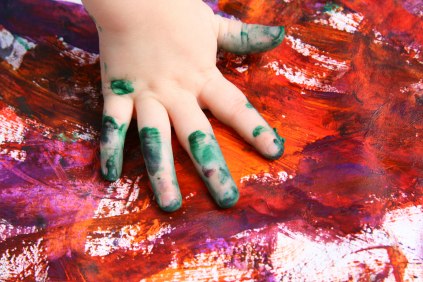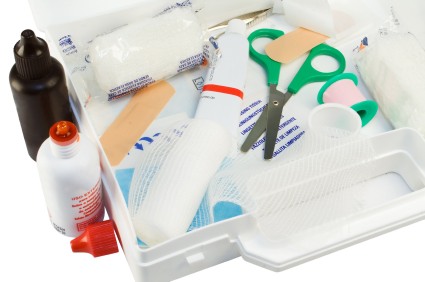As soon as its time for school admissions, parents all over the country are a harried lot. It’s a bit like Russian roulette for there is often no clear reason behind one child’s admission to a school and another child being turned away.
It is a fact that getting admission in a good school is becoming increasingly difficult. And when a child does manage to secure admission there are added pressures to do well academically. Little by little, the wonder of childhood seems to be creeping away from children who are sucked into the industrial system of schooling from day one in most institutions.
Ameera is a case in point. She has been looking stressed for some time now because her daughter is to begin kindergarten next year. Therefore, should she be practising counting, letters and numbers this year? Her daughter, all of four years, has her hands full: she has just finished swimming lessons, and is starting preschool gymnastics.
Whatever happened to those lazy days of enjoying butterflies and bird song, making sandcastles and watching stars at night? Children like activities but they also need time to look around them and discover small things that give great pleasure, be it a butterfly sitting on a flower or a family game.
It is time to ask this question: in their desire to equip their child with ‘special’ skills, are parents not burdening her or him with activities that can be pursued in good time at a later stage?

Glory Days [Illustration by Shiju George]
Let the children be and see how they learn. From the wonder of the rainbow to the shimmering stars that do not fall from the sky, their questions are enough to give them a headstart in life.
Some parents may disagree saying that formal education is necessary to create a strong foundation. But the flip side is that they have all the time after seven or eight years of age for this kind of schooling. So why not wait for some time and let them enjoy the world around them first?
It would be a good idea to ensure that learning is integrated with daily pleasures and activities so that it does not seem a tedious task external to life. Open your child’s eyes to the wonders of nature – flowers, trees, rainbows, and the sound of birds. They hold in them the secrets of science, the lessons of environment, the delights of literature and the ecology of life.
Children need time to play, to do things with you, and to just “be”. Therefore, this season, the last before “real” school, try to make your time together at home a worthwhile experience. You could begin by turning off the television. It could be enriching to sit around the dinner or picnic table and play family board games involving counting or read stories together. Discover the skills that your child builds up within no time.
Children learn best through real experiences. Think about how much math your daughter would learn by helping build a bird feeder and keeping track of the birds that come. Sorting groceries or laundry and setting the table are ways in which your son can learn a thing or two about categorising. The act of baking a cake makes children privy to the world of organising, counting, measuring, estimating as well as the nature of material.
What emerges from such activities is questions that get answered (hopefully!) and lead to the next chain of questions. How does this work? How much will I need? How can I paint a storm? What makes the dough rise…
So you see the simple things of life, too, teach us a thing or two. And if we are lucky we just reeducate ourselves in school.










